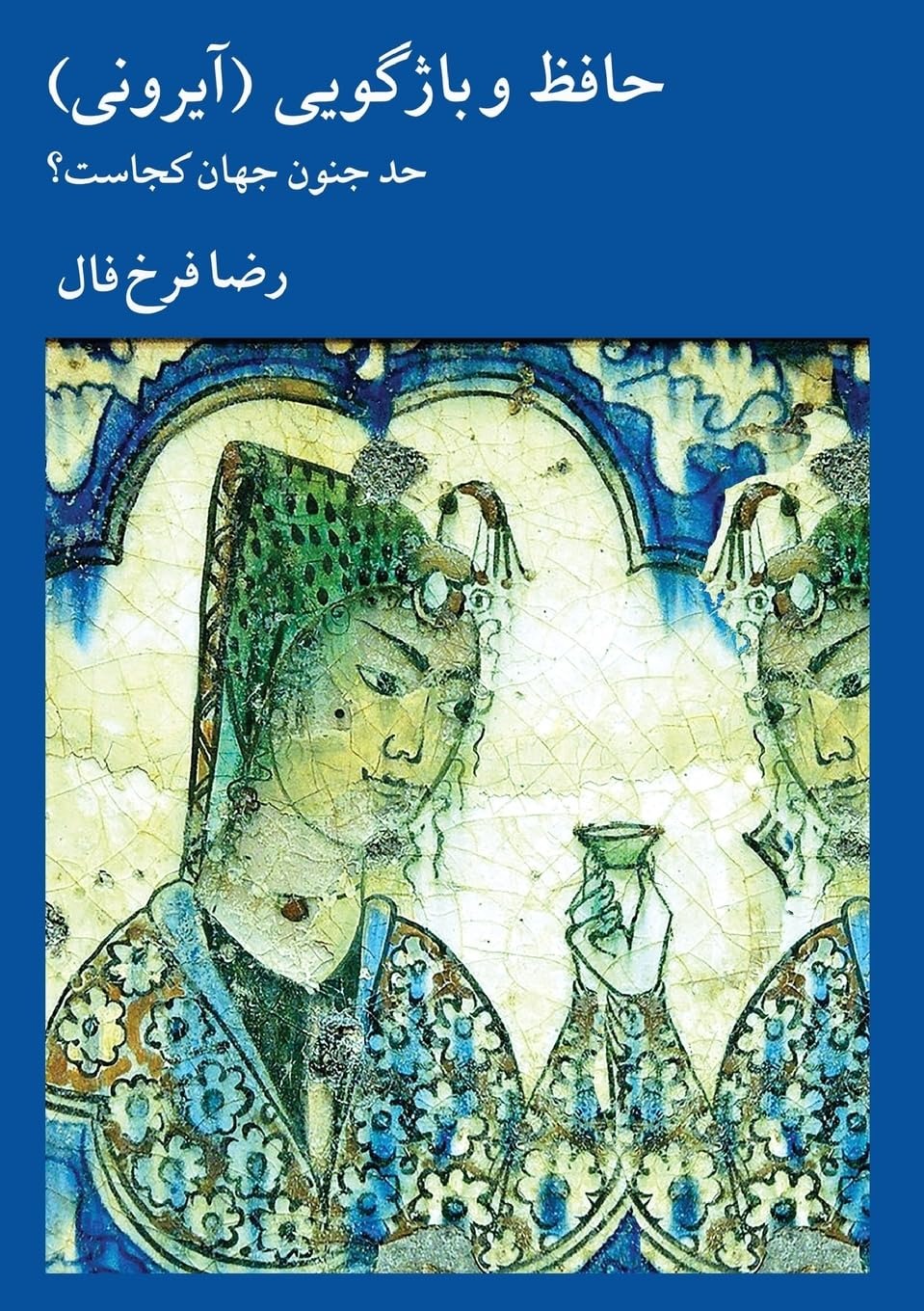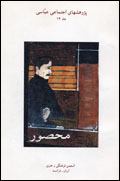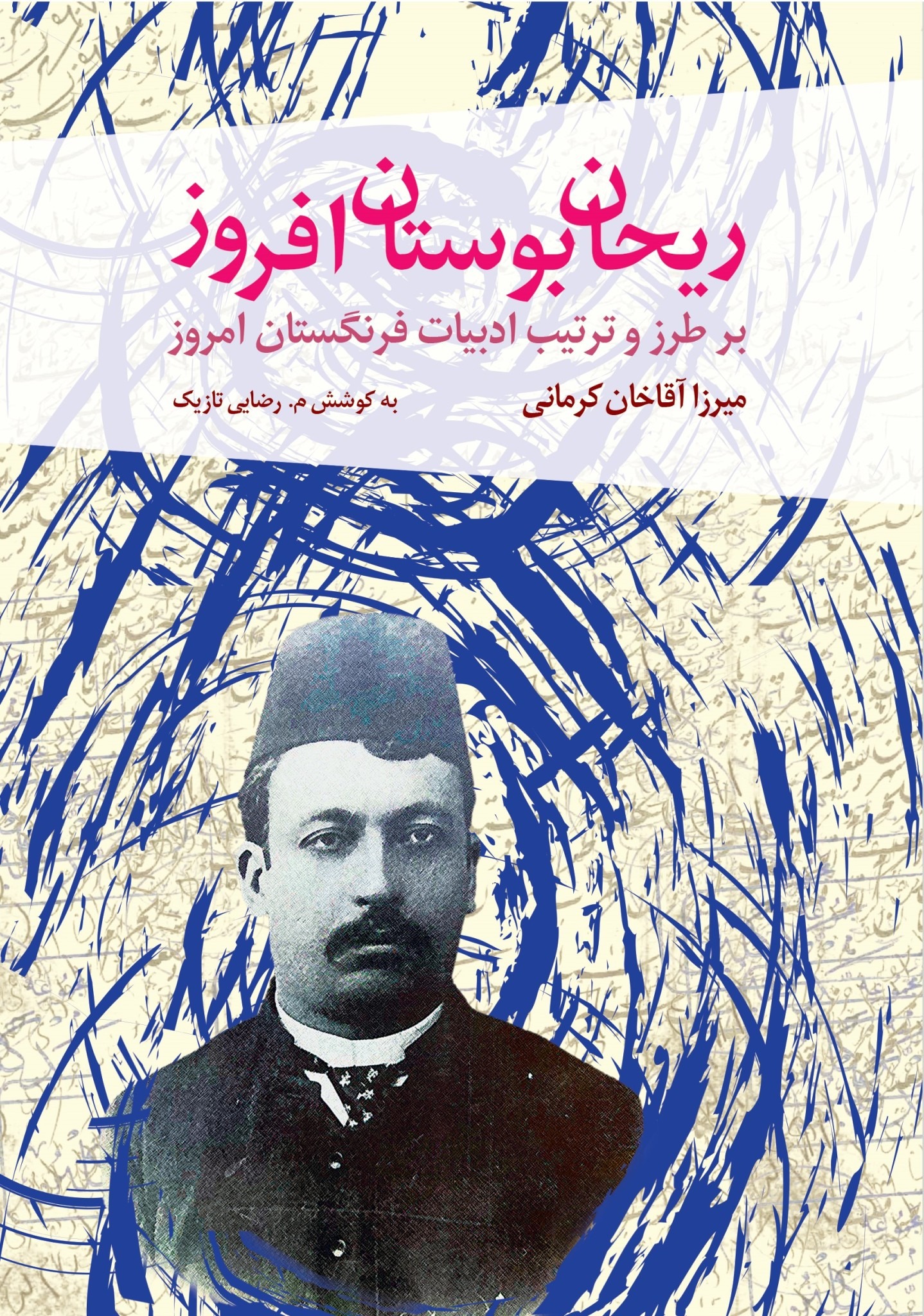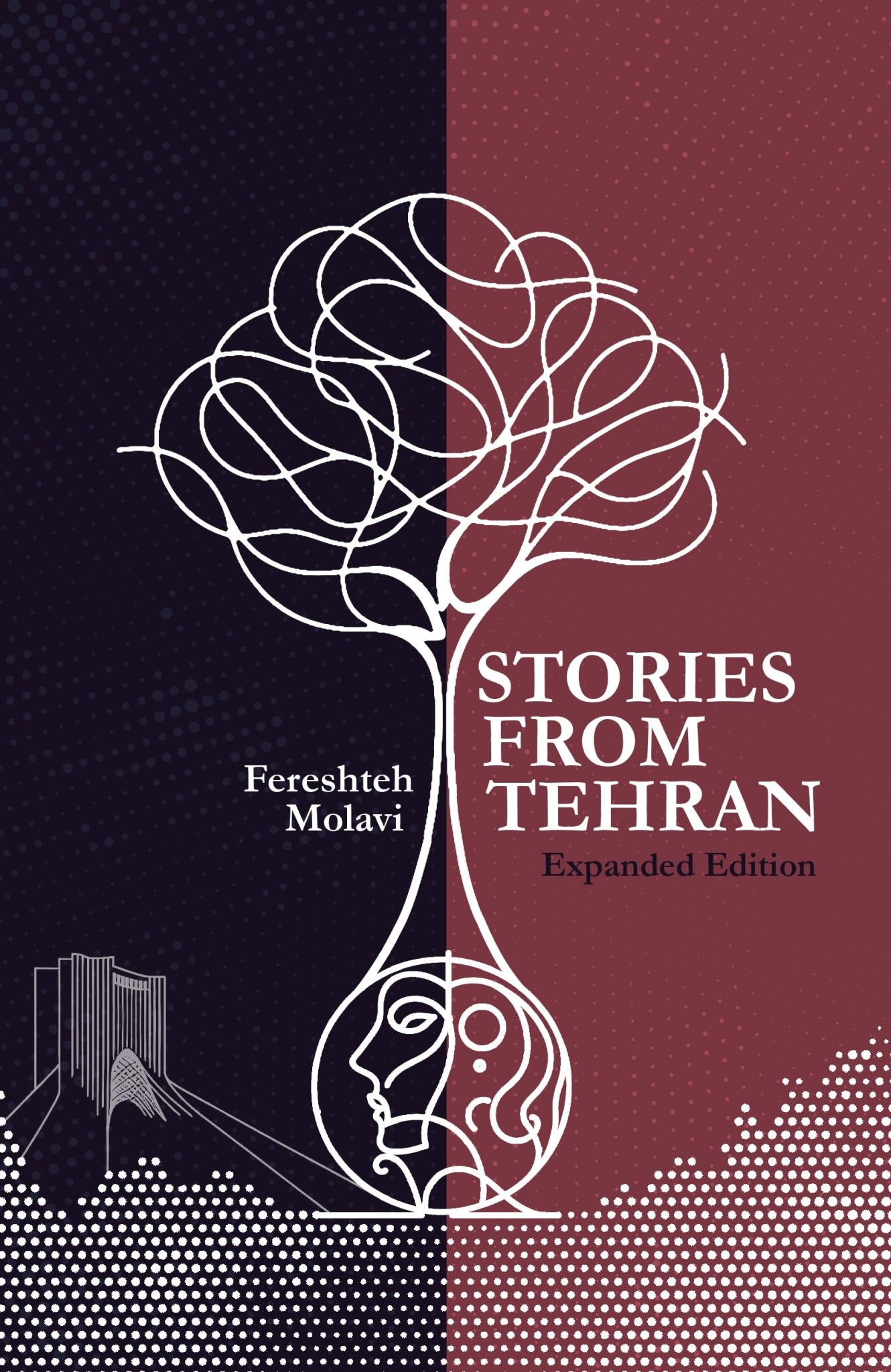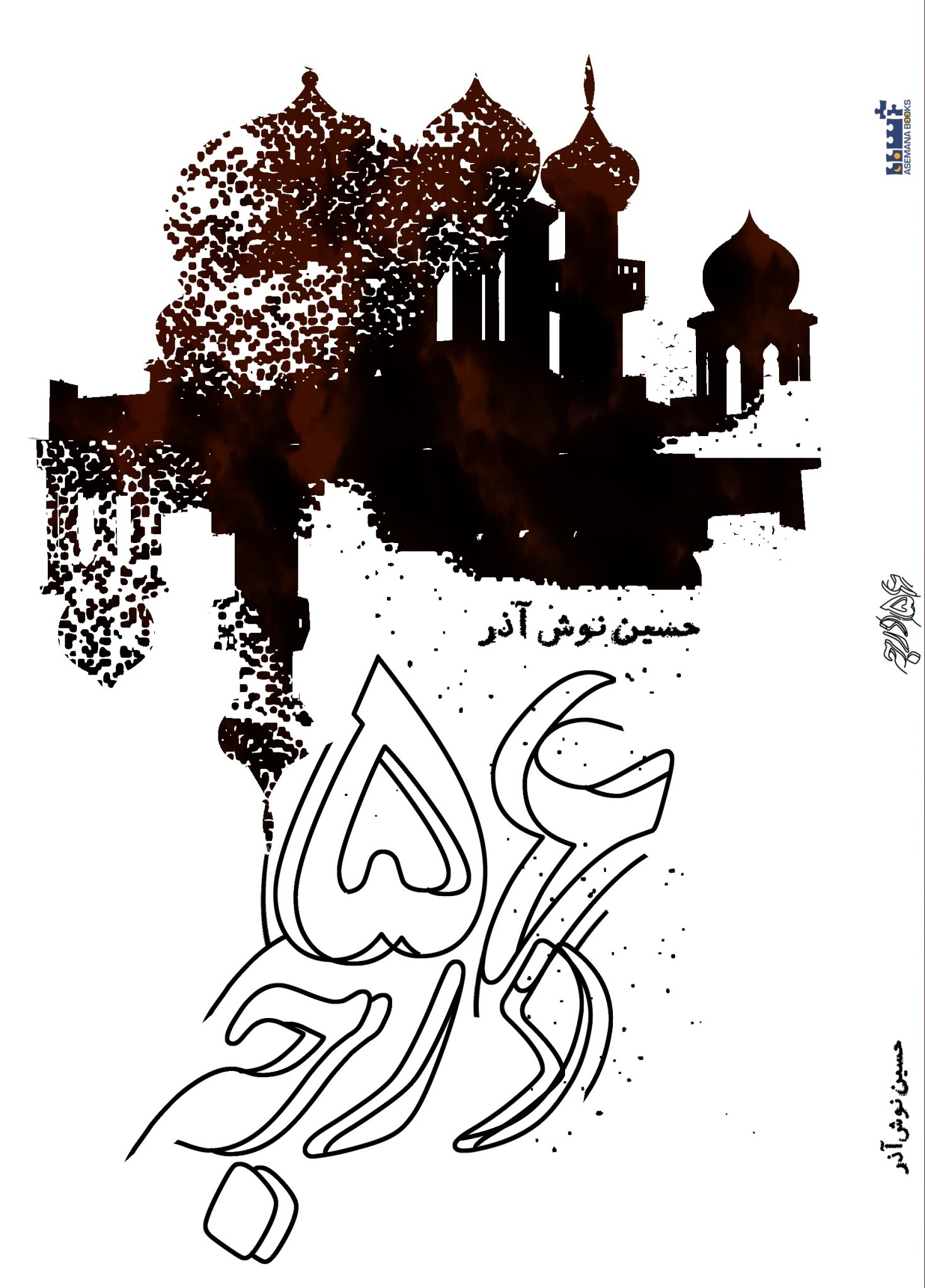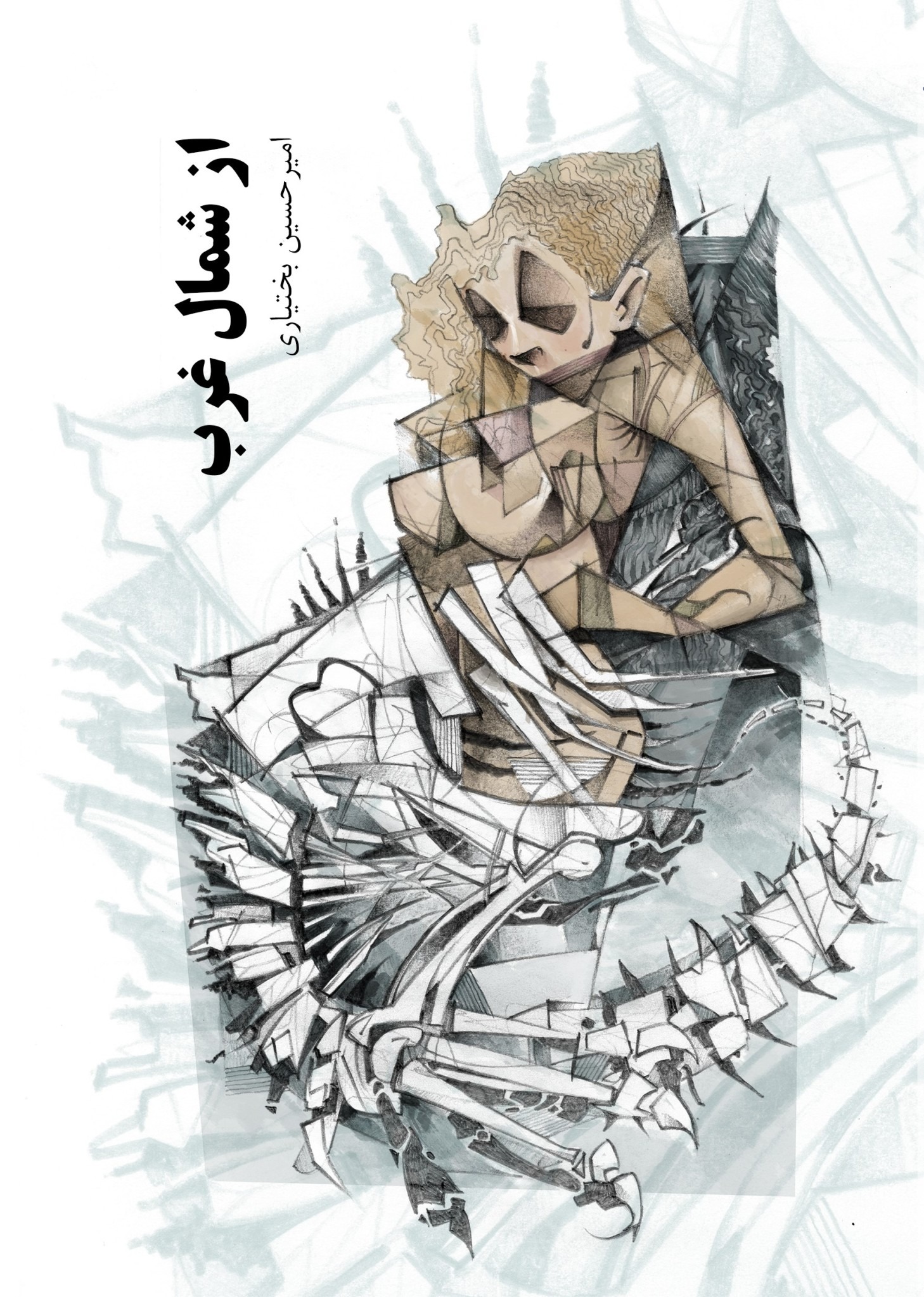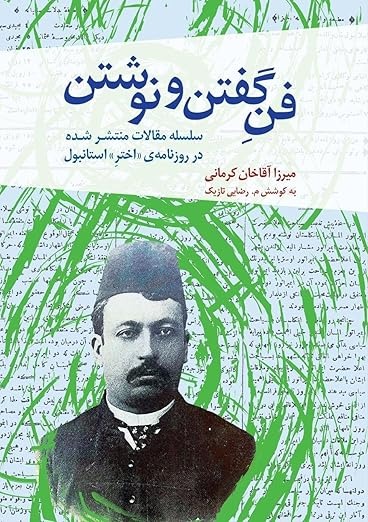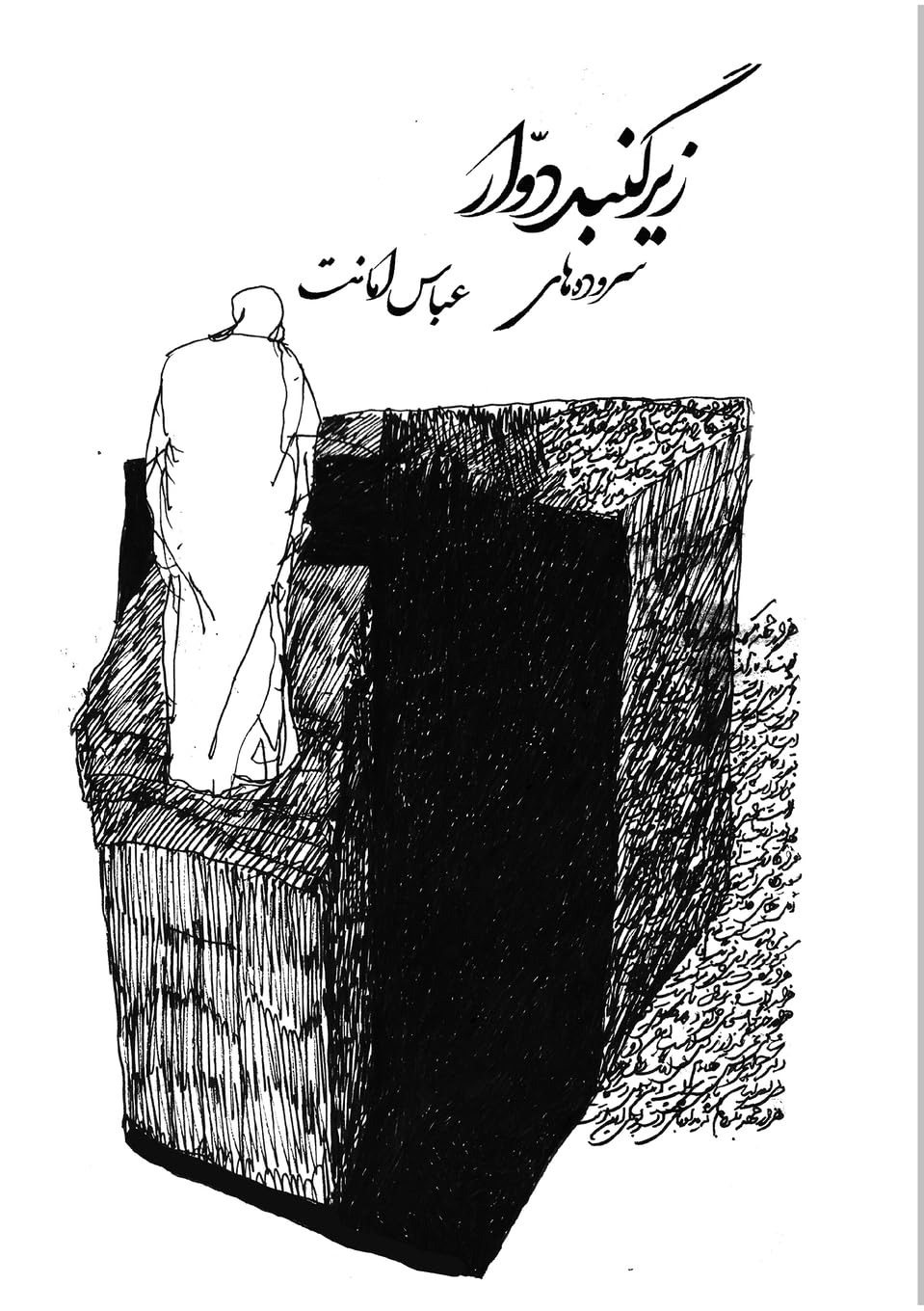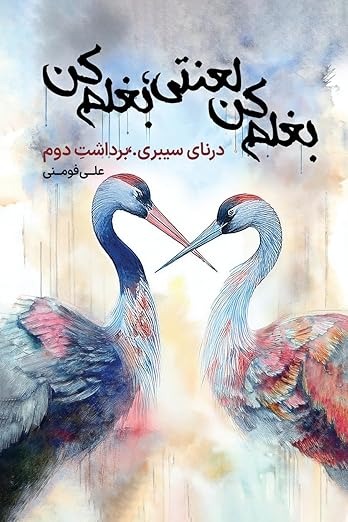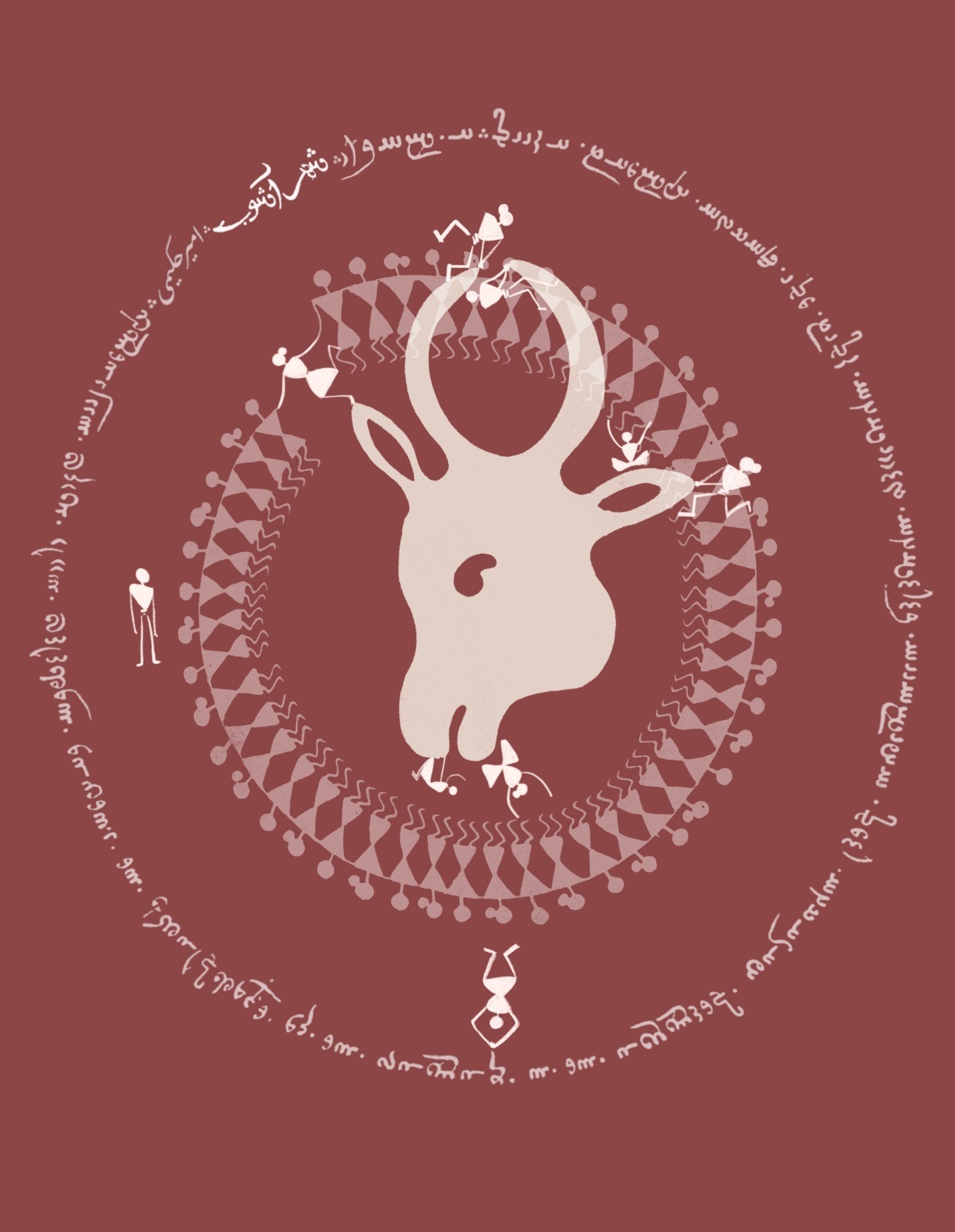حافظ و باژگویی (آیرونی) حد جنون جهان كجاست؟ الفارسية 2024
Ḥāfiẓ va Bāzhgūyī (Āyrunī): Ḥad-i Junūn-i Jahān Kujāst?
23٫21 $
مشاركة
Wishlist
العنوان الأصلي:
حافظ و باژگویی (آیرونی) حد جنون جهان كجاست؟
ISBN رقم:
9781777886073
الناشر:
Asemana Books
الفئة العمرية:
البالغون
الصفحات:
236
الوزن:
306 g
أبعاد المنتج:
14 x 21 x 2٫2 cm
غلاف الكتاب:
غلاف ورقی
Hafez's poem is the guardian of a 'secret,' a secret that implies closed speech, yet simultaneously conveys openness. It embodies both totality and dispersion, presenting a complexity that is also inherently simple, comprehensible to anyone who reads it. Often, Hafez's poetry communicates something beyond its literal meaning, creating a contradiction in both expression and poetic attitude, which is interpreted as irony in this book. Here, irony serves not only as a rhetorical device but also as a conceptual framework for understanding Hafez's poetry, considering its literary and theoretical implications. The aim of this analysis is to explore the historical necessity that led to this rhetorical (ironic) aspect in Hafez's poetic discourse. Farokhfal is a graduate of Pahlavi University (Shiraz) and Concordia University (Montreal). He has taught Persian at McGill University (Montreal) and in the United States at Wisconsin State University in Madison and Colorado State University in Boulder. His works, including two university-level Persian language teaching course are currently taught in several prestigious American universities.
more
است در عین پراکندگی؛ پیچیده است در عین سادگی، آنچنانکه همگان آن را خواندهاند و میخوانند و فهم می کنند. شعر حافظ در بیشترین لحظات چیزی را میگوید که همان نیست که میگوید. تناقضی هم در بیان و هم در نگرش شاعرانهی حافظ هست که در این کتاب به باژگویی (آیرونی) irony تعبیر شده است. در این کتاب باژگویی (آیرونی) نه فقط همچون یک آرایه سخن (صناعتی بلاغی)، بلکه با در نظر داشتن ملازمات ادبی و نظری آن همچون یک چهارچوب مفهومی در خوانش شعر حافظ به کار گرفته شده است. در این خوانش همچنین سعی شده برای این پرسش پاسخی یافت شودکه چه ضرورتهای تاریخی این وجه باژگویانه (آیرونیک) را در گفتمان شعری حافظ موجب شده است.
more

